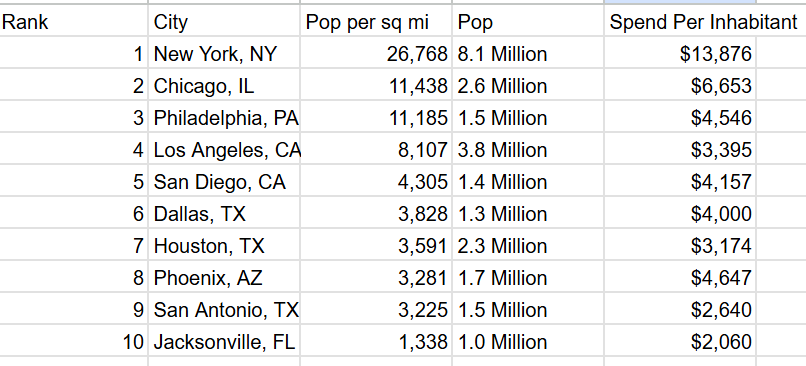There's a similar problem with newspapers. People read them thinking they will go from being uninformed to informed, instead of simply becoming misinformed.
Most newspapers do not trade in information, but in specific worldview confirmations. A couple examples follow.
Most newspapers do not trade in information, but in specific worldview confirmations. A couple examples follow.
https://twitter.com/nntaleb/status/1310928678357028870
One: nytimes.com/2016/12/30/ups…
What do you think about the general views of economists on school vouchers? The narration wants you to think that economist are, on-net, against vouchers, so they couch it as "only a third agree" But...

What do you think about the general views of economists on school vouchers? The narration wants you to think that economist are, on-net, against vouchers, so they couch it as "only a third agree" But...


Now read the source: igmchicago.org/surveys/educat…
It turns out 36% agree, 37% uncertain, and 18% disagree. The honest framing is not at all "only a third agree", its really that *twice as many economists agree with vouchers than disagree, plus a wide amount of uncertainty.*
It turns out 36% agree, 37% uncertain, and 18% disagree. The honest framing is not at all "only a third agree", its really that *twice as many economists agree with vouchers than disagree, plus a wide amount of uncertainty.*

Two: nytimes.com/2017/03/16/us/…
The NYT mentions only a drop. What really happened? "39% of responding institutions reported a decline in international applications, 35% reported an increase, and 26% reported no change in applicant numbers."

The NYT mentions only a drop. What really happened? "39% of responding institutions reported a decline in international applications, 35% reported an increase, and 26% reported no change in applicant numbers."


The truth of something like this is that we cannot evaluate if there's any change without knowing what other years were like. Is a 39% drop/35% increase normal variation? A journalist would at a minimum need to compare it to prior years. Alas.
Problem is NYT was advertising company that realized people would also pay to have their own views confirmed. And when opinion columnists occasionally don't do that, lots of people comment that they're going to unsubscribe! Further proving it to them.
In the case of NYT, its stock price since 2016 really hammered it home for them. They navigated a tumultuous business model shift very well, but the content follows.
https://twitter.com/simonsarris/status/1279056991583899649
So the product isn't what's true, its what makes number go up. This is obvious in the dishonest framings given that conform with how they *think* that their audience views the world. And it means reading a paper is not uninformed -> informed, just uninformed -> misinformed
(Reminder that, broadly speaking, if the people with megaphones tell you that people with megaphones are good, and are more important than ever, and intimate that the truth is their domain, consider for a moment that it might not be.)
Just because someone has a megaphone does not mean they are a light-bearer, no matter what motto they put on their masthead. The news used to be very, very different.
medium.com/@simon.sarris/…
medium.com/@simon.sarris/…
• • •
Missing some Tweet in this thread? You can try to
force a refresh








